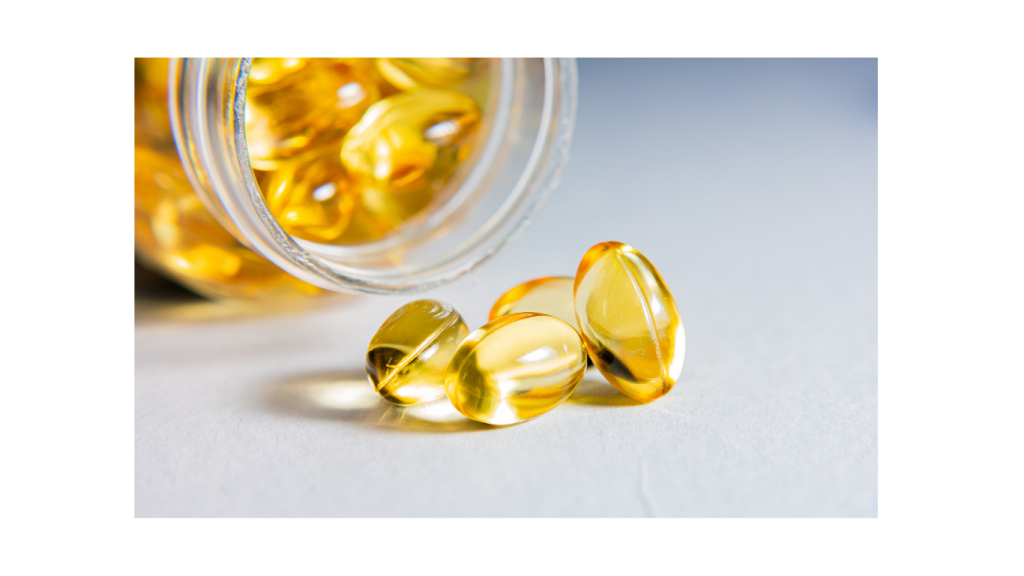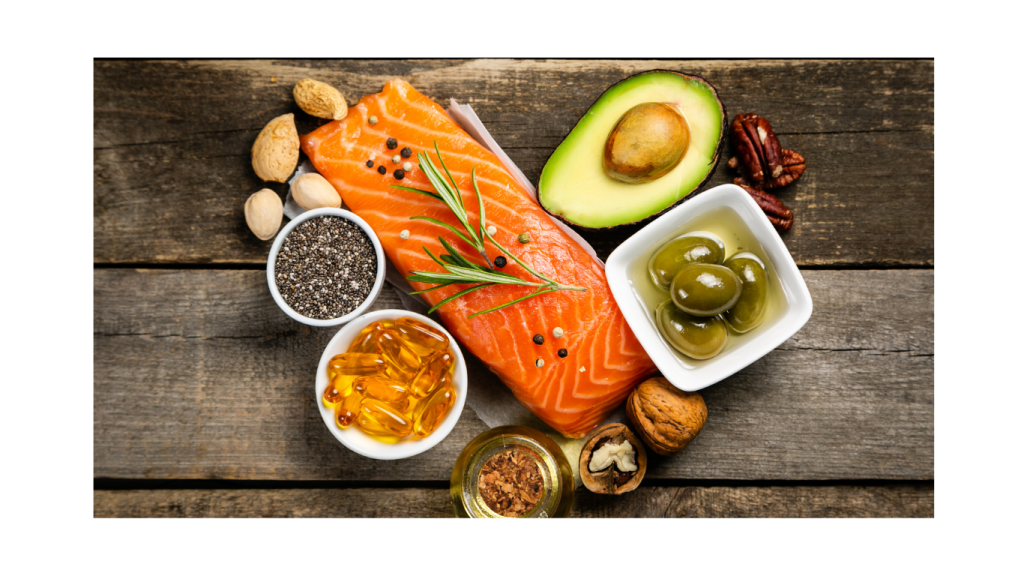
What Is Omega-3?
Omega-3s are a type of essential fat (nutrient) that your body cannot make on its own—you must get them from food. They’re called essential because they’re vital for health, especially for your heart, brain, and immune system.
Why Omega-3 Matters
- ❤️ Heart Health → Helps lower triglycerides, supports healthy blood pressure, and reduces risk of heart disease
- 🧠 Brain Function → Important for memory, focus, and mood balance
- 👁️ Eye Health → Supports vision and may lower risk of age-related eye problems
- 🦴 Joint Comfort → Reduces inflammation, easing stiffness and pain
- 👶 Baby Development → Crucial for a baby’s brain and eye growth during pregnancy
Types of Omega-3
- EPA (Eicosapentaenoic acid) → Found in fatty fish, helps reduce inflammation
- DHA (Docosahexaenoic acid) → Also from fish, supports brain and eye health
- ALA (Alpha-linolenic acid) → Found in plants like flaxseed and chia, can be partly converted into EPA and DHA
How Much Do You Need?
The American Heart Association recommends eating fatty fish (like salmon or mackerel) twice a week for enough omega-3s.
Best Food Sources
🐟 Salmon, sardines, mackerel, tuna
🌱 Flaxseeds, chia seeds, hemp seeds
🌰 Walnuts
🥬 Algae oil (plant-based source of DHA)

Signs You Might Be Low in Omega-3
- Dry skin or brittle hair
- Poor memory or focus
- Joint pain or stiffness
- Fatigue
- Mood swings
Fun Fact 🌟
Your brain is nearly 60% fat, and omega-3s are one of the key building blocks that keep it sharp and healthy!
Quick Tips to Boost Omega-3
- Grill salmon or sardines for dinner twice a week
- Add chia or flaxseeds to smoothies, yogurt, or oatmeal
- Snack on a handful of walnuts
- Consider algae-based supplements if you don’t eat fish